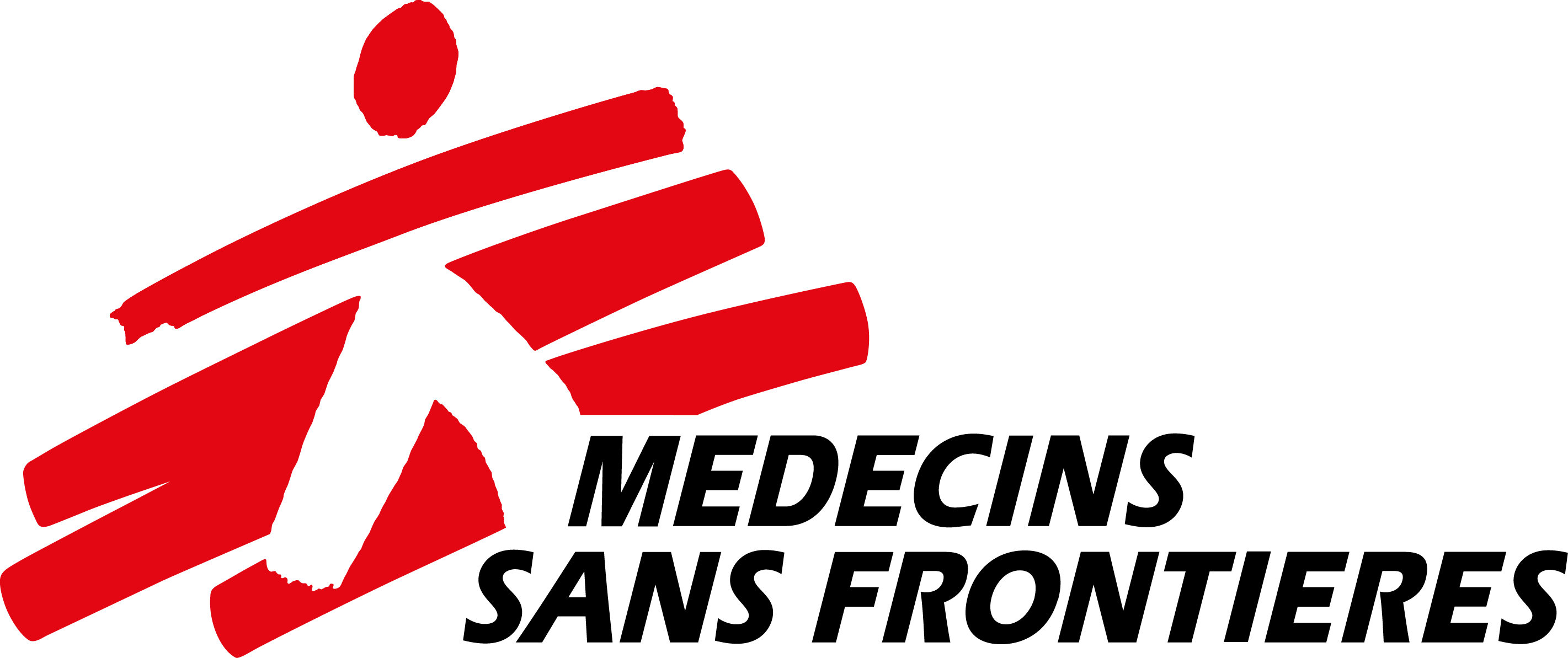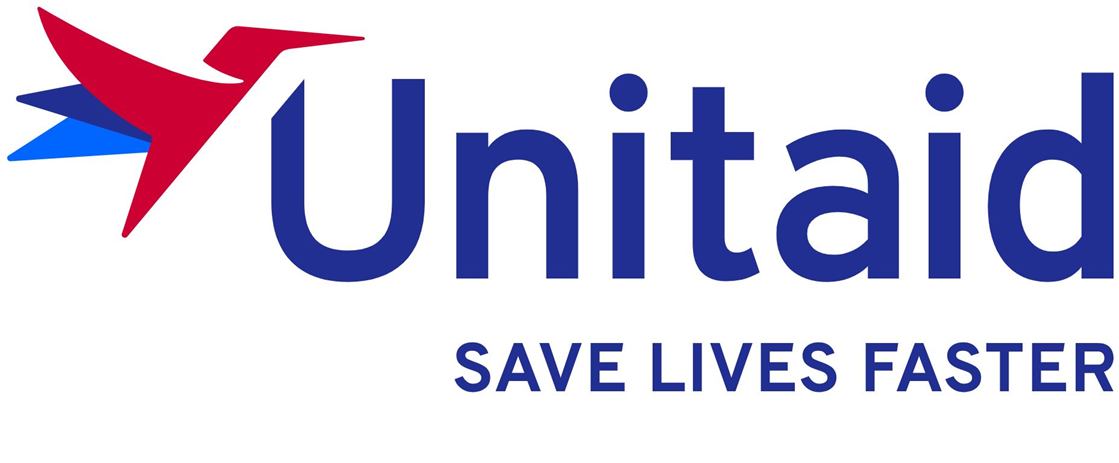Médecins Sans Frontières / Doctors Without Borders (MSF) announces the closure of patient enrollment in the endTB clinical trial in Georgia. The patients already enrolled will complete their treatment and be followed per study protocol, with no changes to the quality of care or the monitoring they receive.
The results from their treatment will contribute to the global findings of the endTB clinical trial in six countries, with patients receiving shorter and all-oral treatment regimens for drug-resistant tuberculosis (DR-TB).
This decision is based on the much lower rate of enrollment than initially anticipated in Georgia, with less than one participant enrolled per month in 2017 on average. MSF cannot justify the resources needed to continue including participants in this site.
This lower-than-expected enrollment is largely explained by a positive evolution in the prevalence of TB and DR-TB in Georgia. The target of enrolling 120-150 patients (over two and a half years) was based on projections made in 2014. This reflected forecasts in TB and DR-TB prevalence that did not bear out in practice. With fewer Georgians contracting TB or its resistant forms, there are simply fewer patients eligible for the endTB trial. Moreover, separate TB-related clinical trials on the same study population were launched at the same study site, the National Center for Tuberculosis and Lung Disease (NCTLD), in the same period.
As TB rates reduced, the team also found that patient were reluctant to enroll in a trial offering experimental regimens, with additional demands for the patient (such as more frequent hospital visits). The team rigorously followed protocols surrounding informed consent, and the priority should always be to make sure patients are clear and comfortable with the implications and expectations of a clinical trial.
MSF will study the lessons from the Georgian clinical trial site, and whether more could have been done to explain the benefits of shorter and less toxic regimens for DR-TB to prospective clinical trial participants.
About the endTB clinical trial
Médecins Sans Frontières (MSF), Partners In Health (PIH) and its partners are undertaking a major clinical trial which seeks to revolutionize treatment for the toughest strains of tuberculosis (TB), the world’s leading infectious disease killer. The first patient started treatment in Georgia, in February 2017.
Epicentre, Harvard Medical School and the Institute of Tropical Medicine Antwerp are partners of the trial.
The clinical trial is expected to enroll 750 patients across six countries: Georgia, Kazakhstan, Kyrgyzstan, Lesotho, Peru and South Africa. These are all countries with significant TB burdens, where MSF or PIH support local MDR-TB treatment activities.
Clinical trial activities across PIH and MSF are linked via the endTB coordinating Principal Investigators, Drs. Carole Mitnick (Harvard Medical School and PIH) and Lorenzo Guglielmetti (MSF). The clinical trial is sponsored by MSF France.
Current treatments for MDR-TB are long (up to 24 months), ineffective (only 54% succeed) and often cause terrible side effects, including acute psychosis and permanent deafness. All the while, patients endure months of painful, daily injections and ingest up to 14,000 pills. Moreover, the costliness, difficulty and length of current treatments make them hard to implement in many high-burden countries.
To address the problem, this phase III clinical trial uses the first TB drugs developed in almost 50 years — bedaquiline and delamanid — to find radically shorter (9 months), injection-free, more tolerable treatments for MDR-TB. (The new drugs are combined into experimental new treatments with other oral TB drugs such as clofazimine, linezolid, fluoroquinolones and pyrazinamide.)




